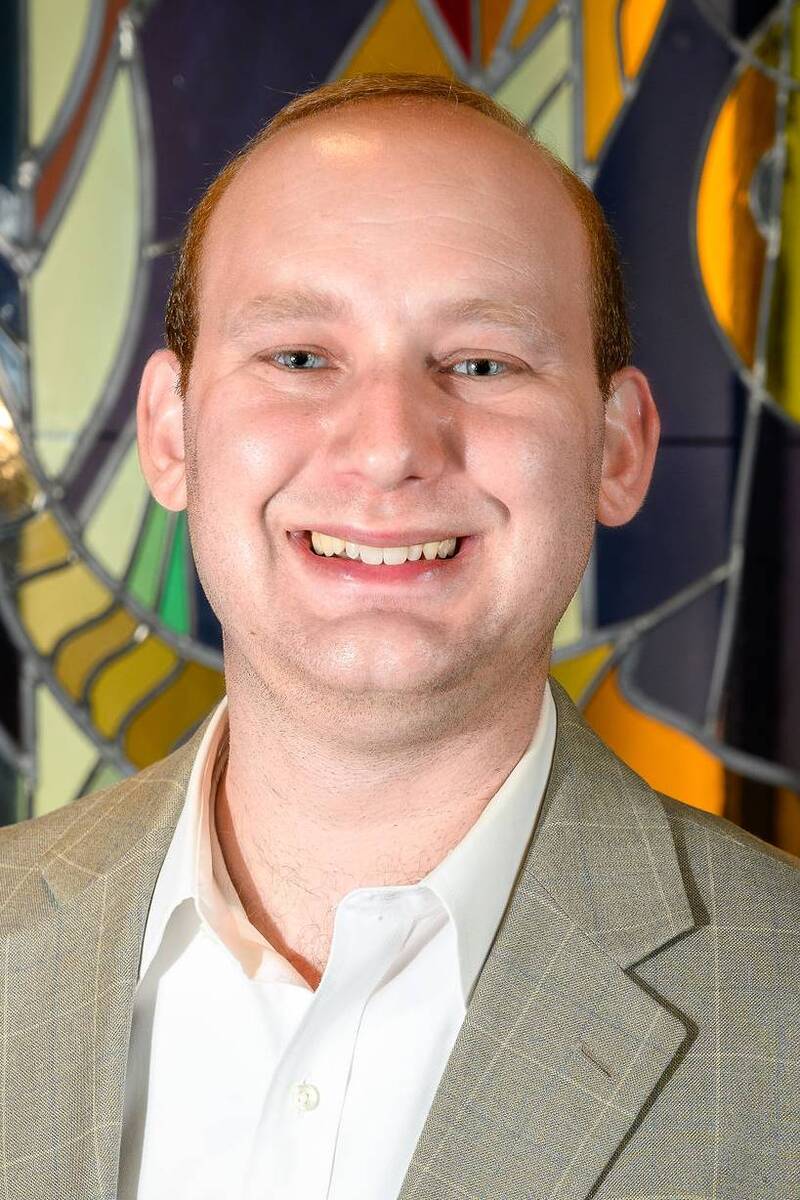07/12/2024 10:12:28 AM
Rabbi Dan Dorsch
| Author | |
| Date Added |
Holy Moments...
06/20/2024 03:12:24 PM
Rabbi Dan Dorsch
| Author | |
| Date Added |
Purim: A Lesson in Learning to Let Go
03/27/2024 12:49:01 PM
Rabbi Dan Dorsch
| Author | |
| Date Added |
Taking Responsibility
02/22/2024 10:11:54 AM
Rabbi Dan Dorsch
| Author | |
| Date Added |
Doing the Right Thing
02/12/2024 03:59:52 PM
Rabbi Dan Dorsch
| Author | |
| Date Added |
There are many reasons why I keep my own personal political beliefs close to the chest.
First and foremost is because I do not want anyone to believe that a particular sermon I give or a stance that our synagogue takes is rooted in my own personal politics. Instead of letting politics guide us, I let Torah and the Talmud do the talking. To quote our illustrious executive director Marty Gilbert, our mantra at Etz Chaim is to “do the right thing.” We believe that doing (and by extension, preaching) the right thing–dealing with people honestly, honoring our commitments, not treating people “extra special” or “less than,” and having compassion for people in need–are best business practices firmly rooted in our Torah. They come irrespective of politics.
Yet, as we find ourselves amid the Election Primary Season, I find there is a different reason why I keep my beliefs closely guarded.
Ed Koch, the famously deceased Jewish mayor of New York, said, “If you agree with me nine out of 12 times, vote for me. If you agree with me 12 out of 12 times, go see a psychologist.”
Like the overwhelming majority of Americans, I am not sure that my personal beliefs about politics fit together neatly into any one party. I also believe that I hold the same right as any human being to grow, evolve, and learn.
Decades ago, Ed Koch’s way of thinking was the norm. However, the ideological purity that is demanded today by the extremes of both parties have lost people like me. Nine out of 12 beliefs was once good enough. Today, we see how the culture of our time demands that we quash disagreement, often in the most disrespectful kinds of ways.
Over the past several months, I’ve been giving a great deal of thought as to why a family chooses to become part of our synagogue.
I can easily rattle off twelve reasons: An active Shabbat morning community. Preschool friendships. A growing cadre of young families. A dedicated group of more seasoned families. Our inclusive philosophy. A deep commitment to Jewish learning and Torah study. An engaging and academic religious school. Our morning minyan chevra. Chavurot. Engaged affinity groups. A strong culture of volunteerism. Exciting new opportunities to come. And yes…the rabbi.
I am not so naive as to not know that there are those of you who may not care for all of those things (every now and then, I especially hear about that last one).
True adults, however, understand this: that looking for a perfect recipe for happiness in your life is a folly. Assuming you will find 12 out of 12—whether it is a synagogue, a life partner, or even a home to purchase--is a recipe for dissatisfaction. Instead, finding happiness is about appreciating the things you like, and trying to internally change the things that we can do better.
We may all disagree on what we like or dislike about this place we all call home…but if you like nine out of 12…consider voting for Congregation Etz Chaim.
Sat, July 27 2024
21 Tammuz 5784

Rabbi Daniel Dorsch






